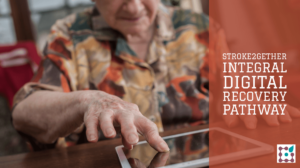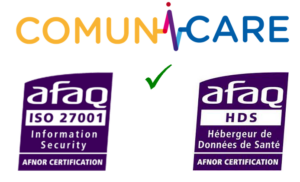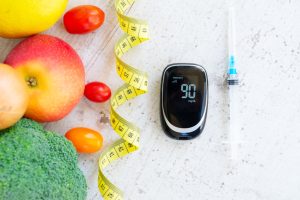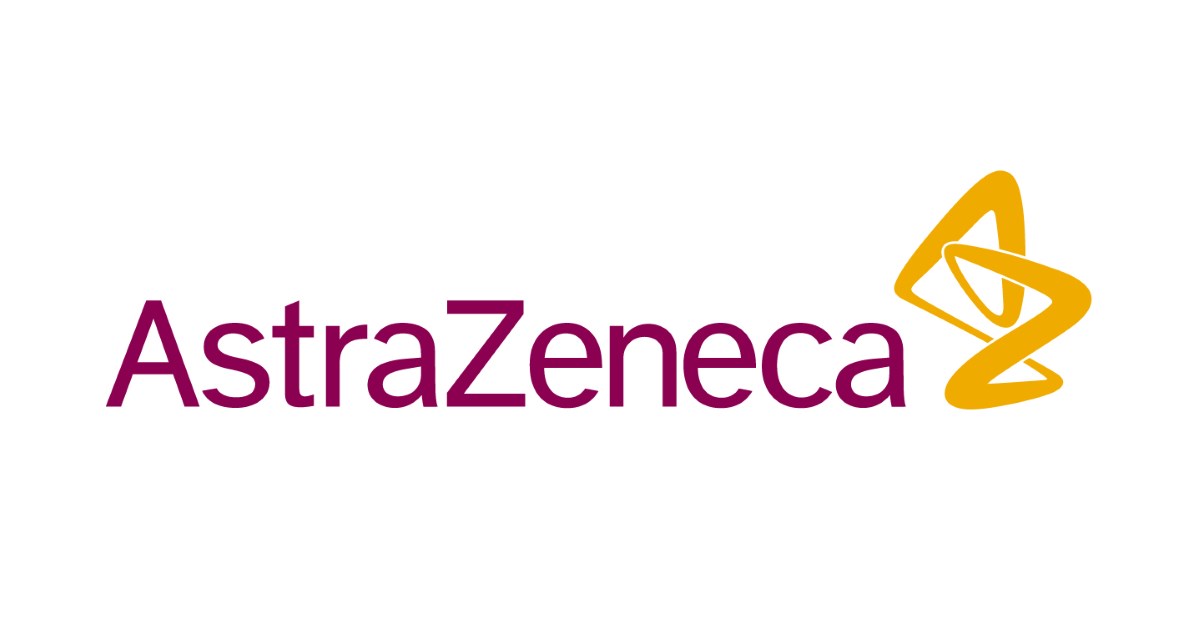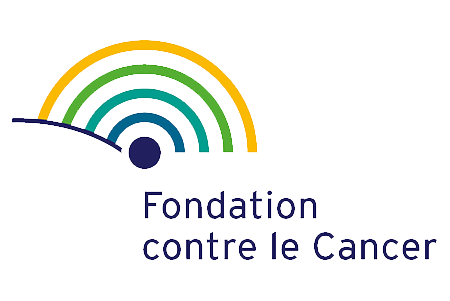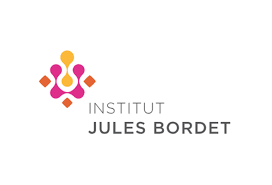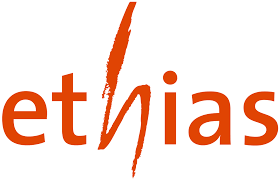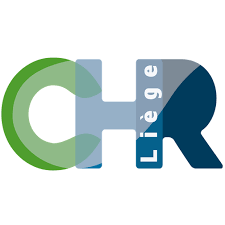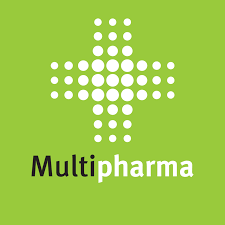Comunicare
Care companion
Comunicare connects the patient with his/her care givers.
One platform, several interfaces
Platform
The platform aggregates information from the hospital to the patient and collects the patient reported outcomes.
Comunicare's main innovation is the personalization of patient information according to his dedicated care pathway and it enables a smart interaction between the patient and his care givers.
Patient
Mobile applicationThe mobile application informs the patient about his care pathway, facilitates his therapeutic adhesion and the communication of outcomes to the medical team. The application provides access to various items of information :
- A personalized timeline summarizing the treatment steps and care activities
- Practical knowledge on the therapy
- Didactic video clips
- Description of possible side effects and recommendations
Care givers
DashboardComunicare collects many patients data, both physical and emotional parameters and symptoms, in order to help care givers prevent potential risk situations.
A dashboard is provided to the care givers in order to access and monitor the patient reported outcomes.
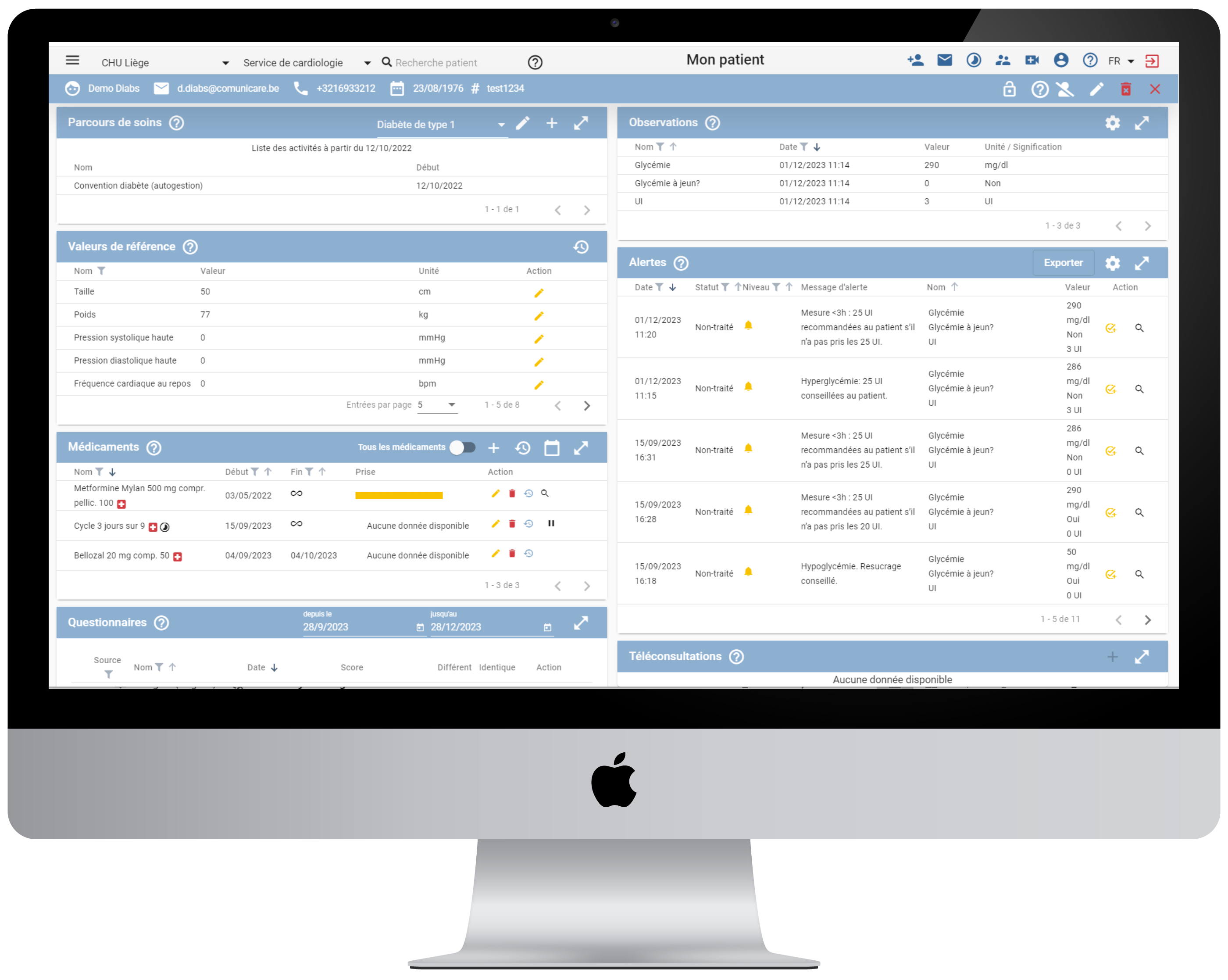
Teleconsultation
A modern and secure videoconferencing technology is integrated in the patient mobile application and in the caregiver dashboard. Doctor or nurse can create a teleconsultation appointment and, in one click, get in touch with the patient.
Entourage
Patient's relatives (informal care givers) and other health professionals may also be involved in the treatment process. The mobile application is versatile and allows the patient to share some information with his entourage. Thanks to the national health hubs, other care providers may also access specific data shared by the patient.
Predictive models
Comunicare Analytics includes validated predictive models that doctors can use to decide on patients' personalized treatment options or to detect risk situations that result from the analysis of patient reported data. These tools are essential for medical decision support but also for patient's participation.
The application adresses the monitoring of chronic diseases (cancer, heart failure, multiple myeloma, COPD, diabete) and complex care episodes such as post-hospitalisation follow-up (renal transplation, intensive care, etc.). The platform is enhanced with new pathologies and carepaths as it is further developed.
Cancer
Multiple myeloma
COVID-19
Heart failure
Diabetes
COPD

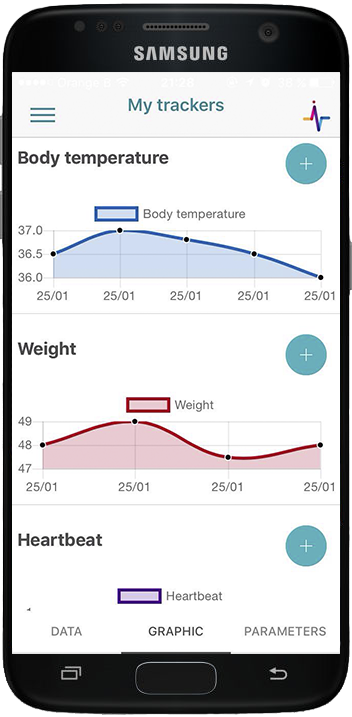
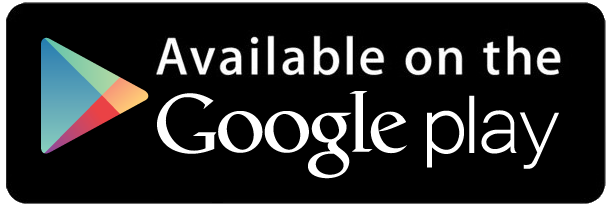

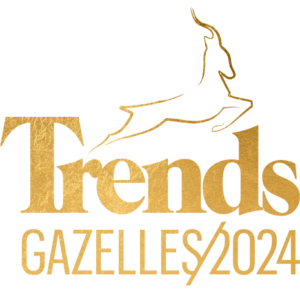 Liège, 31 Mars 2024 – Comunicare Solutions ranked 2nd high-growth small companies of the province of Liège in 2024 by Trends-Tendance.
Liège, 31 Mars 2024 – Comunicare Solutions ranked 2nd high-growth small companies of the province of Liège in 2024 by Trends-Tendance.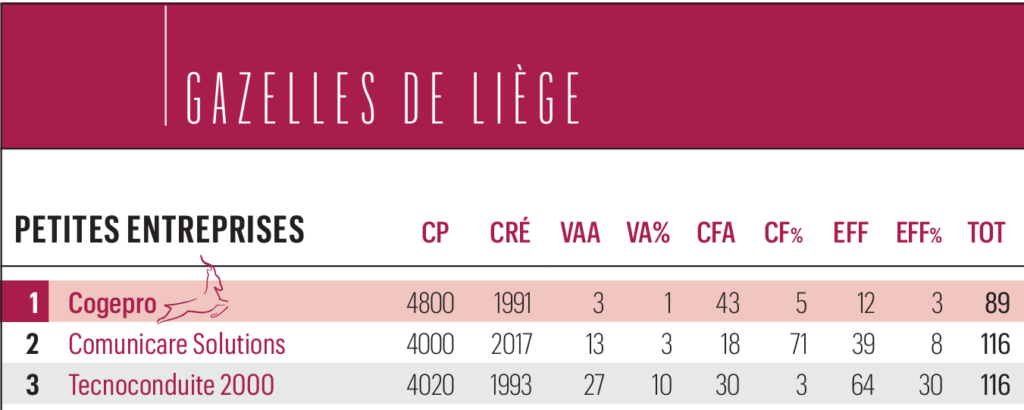
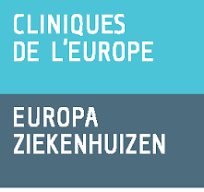 Liège, Décembre 31, 2023 – Digitisation is moving through the healthcare landscape like an express train. Brussels’ Europa Hospitals are also experimenting heavily with digital apps for tele-healthcare. Innovation manager Gatien Hocepied, Bram Mombers-Schepers (Head of Cancer Plan Implementation) and Brice Van Eeckhout, co-CEO of IT company Comunicare Solutions explain.
Liège, Décembre 31, 2023 – Digitisation is moving through the healthcare landscape like an express train. Brussels’ Europa Hospitals are also experimenting heavily with digital apps for tele-healthcare. Innovation manager Gatien Hocepied, Bram Mombers-Schepers (Head of Cancer Plan Implementation) and Brice Van Eeckhout, co-CEO of IT company Comunicare Solutions explain.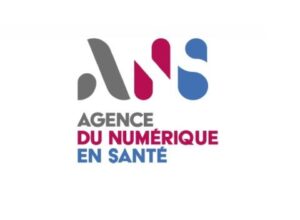 Liège, 20 Décembre 2023 – ComuniCare has been certified by the French Agence du Numérique en Santé (ANS) as a Digital Medical Device (DMD), enabling it to be reimbursed for remote monitoring of four chronic diseases in France.
Liège, 20 Décembre 2023 – ComuniCare has been certified by the French Agence du Numérique en Santé (ANS) as a Digital Medical Device (DMD), enabling it to be reimbursed for remote monitoring of four chronic diseases in France.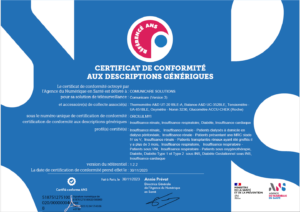
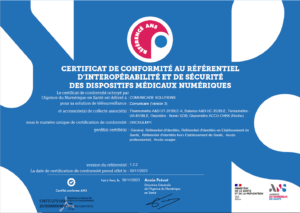
 Liège, November 30, 2023 – In the face of COVID-19 and potential future pandemics, we needed a solution that empowers patients, aids healthcare professionals, and accelerates research efforts. Enter the Comunicare App, developed with the collaboration of patients and healthcare providers.
Liège, November 30, 2023 – In the face of COVID-19 and potential future pandemics, we needed a solution that empowers patients, aids healthcare professionals, and accelerates research efforts. Enter the Comunicare App, developed with the collaboration of patients and healthcare providers. Liège, October 4 2023 – A study highlighted the technical feasibility of telemedicine for post-operative follow-up in orthopedic surgery, with a high patient satisfaction rate in terms of patient/doctor interaction, impact on daily life, and usability.
Liège, October 4 2023 – A study highlighted the technical feasibility of telemedicine for post-operative follow-up in orthopedic surgery, with a high patient satisfaction rate in terms of patient/doctor interaction, impact on daily life, and usability. Liège, October 5, 2023 – Following the call 37 launched by BioWin, the Gloria project is the result of a consortium between the coordinating company Eonix, in partnership with two other companies, Comunicare Solutions and Kedroz, and the universities UCLouvain and UMons.
Liège, October 5, 2023 – Following the call 37 launched by BioWin, the Gloria project is the result of a consortium between the coordinating company Eonix, in partnership with two other companies, Comunicare Solutions and Kedroz, and the universities UCLouvain and UMons.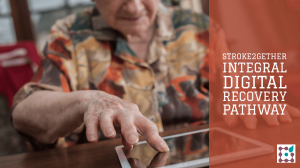 Liège, 26 Mai 2023 – Within the Stroke2gether project, a full-fledged digital care path is being developed, applied and valorized for persons after stroke.
Liège, 26 Mai 2023 – Within the Stroke2gether project, a full-fledged digital care path is being developed, applied and valorized for persons after stroke.